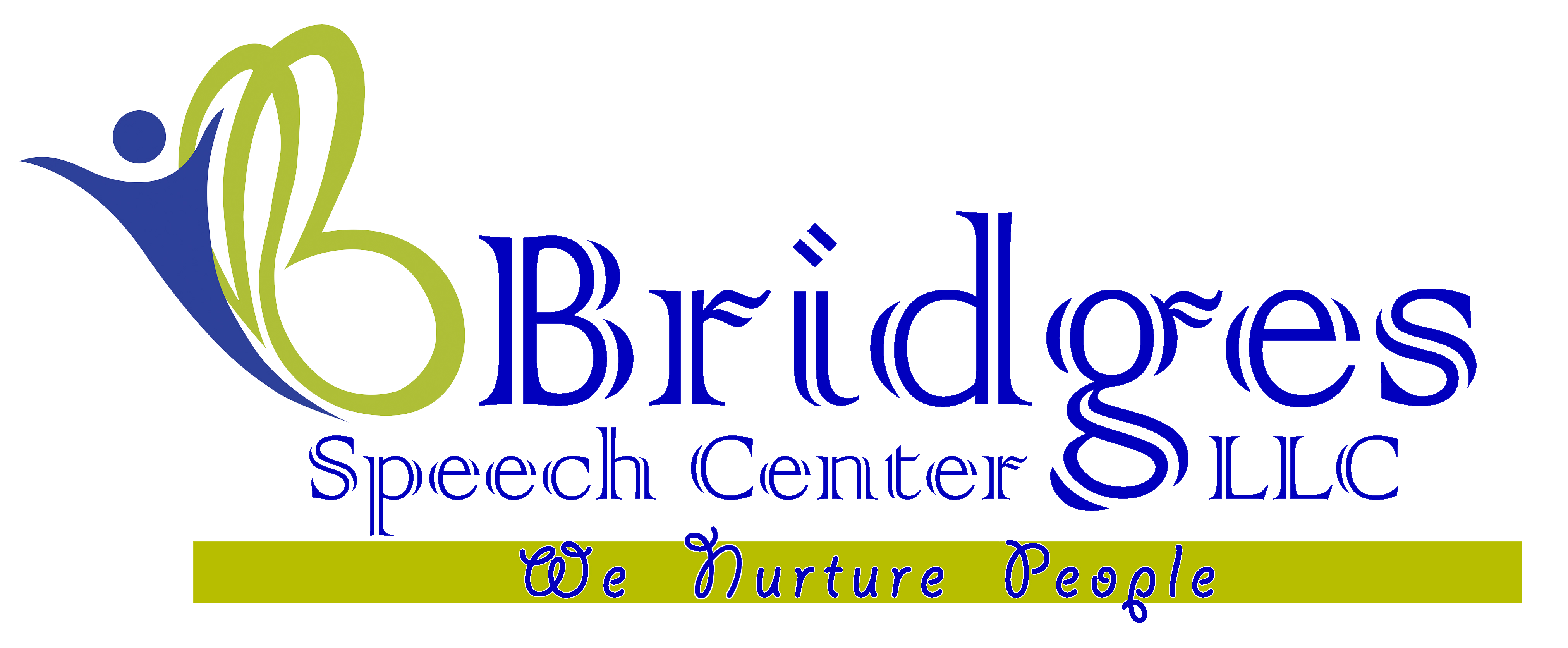
Obsessive–compulsive disorder (OCD) can feel overwhelming, but people often ask one straight question: can you cure OCD? The answer is nuanced, blending science, therapy and daily strategy.
In this article we will clarify what “cure” really means, review proven treatments and share practical steps families can take today. If you are also supporting a loved one with autism or ADHD, our ABA Therapy team collaborates closely with behavior analysts to coordinate care. Families looking for combined speech and mental-health services in the UAE often start by visiting Bridges Speech Center for holistic support. We also provide speech therapy Dubai programs that dovetail with anxiety management when communication worries fuel compulsive loops.
Before diving in, remember that every treatment plan should be personalized. If you need guidance beyond this article, reach out to our clinician team to schedule a consultation.
Table of Contents
ToggleUnderstanding OCD: Facts Over Fear
OCD is a neurobiological anxiety disorder characterized by intrusive thoughts (obsessions) and repetitive behaviors or mental acts (compulsions) performed to neutralize distress. Roughly 2.3 percent of adults worldwide experience OCD at some point, according to the World Health Organization. Brain-imaging studies show overactivity in the cortico-striato-thalamo-cortical circuit, explaining why willpower alone rarely silences obsessions.
Symptom Spectrum
- Contamination fears and cleaning rituals
- Doubt-driven checking (locks, appliances)
- Symmetry/ordering
- Intrusive aggressive or taboo thoughts
Children display similar themes, though compulsions may look like excessive reassurance seeking or repeated questions. Knowing the pattern helps parents spot early warning signs and ask, how to help a child with OCD effectively.
Can You Cure OCD? Dispelling the Myth
Researchers have not discovered a one-time medical “fix” that eliminates OCD for everyone. However, decades of outcome studies demonstrate that 70-80 percent of clients achieve significant, sustained symptom relief with evidence-based care. In practice, can you cure OCD means reducing obsessions to a level that no longer disrupts life. Remission-months or years without clinically significant symptoms-is a realistic goal; permanent eradication in every case is not yet proven.
How to Stop OCD Thoughts Naturally
Some individuals prefer to complement formal therapy with lifestyle tactics. Evidence suggests mindfulness meditation, aerobic exercise and adequate sleep lower baseline cortisol, making intrusive thoughts less sticky. Practicing “thought labeleling” (“this is just an OCD thought”) creates cognitive distance, a core element of Acceptance and Commitment Therapy. Parents who model calm breathing teach children how to stop OCD thoughts naturally during flare-ups.
How to Help a Child With OCD at Home and School
Early intervention predicts better outcomes because compulsions solidify over time like grooves on a record. Here are family-friendly strategies:
- Validate feelings without feeding rituals (e.g., limit reassurance cycles).
- Create a “worry thermometer” so kids rate anxiety 0-10 before exposures.
- Coordinate with teachers to allow discreet coping tools-stress balls, break cards.
- Involve siblings so they understand why certain behaviors (door tapping, rewriting homework) occur.
When self-help stalls, pediatric psychology experts dubai at Bridges Speech Center collaborate with our occupational and language therapists to deliver integrated plans targeting anxiety and communication.
OCD and Eating Disorders: A Common Duo
Studies reveal that up to 23 percent of individuals with anorexia meet criteria for OCD. Perfectionism and rigid rule-making link the two. Treatment must address both sets of symptoms; simply restoring weight without confronting compulsive exercise will not break the cycle. ERP adapted for food rituals plus dietitian support forms the backbone of care. Bridges clinicians coordinate with medical teams to safeguard nutrition while reshaping obsessive fear of calories.
Long-Term Maintenance: Relapse Prevention Skills
Even after formal therapy ends, periodic “booster” ERP sessions help consolidate progress. Keeping a relapse-signature checklist-early signals like rising duration of mental checking or avoidance-allows rapid course correction. Digital apps that log exposure exercises and mood scores can cue reminders to practice.
When to Seek Professional Help in Dubai
If obsessions occupy more than one hour daily, cause significant distress, or interfere with school or work, professional assessment is warranted. Combine psychological therapy with allied health supports for best outcomes. Our Dubai clinic offers speech, occupational, physiotherapy and psychological services under one roof, making multidisciplinary coordination seamless.
Key Takeaways
- A definitive biological “cure” for OCD is still under study, but effective treatments can yield lasting remission.
- ERP and OCD medication together show the strongest evidence base.
- Natural strategies such as mindfulness, exercise and structured family support bolster resilience.
- Always screen for comorbidities like OCD and eating disorders or ADHD to craft complete care.
Feeling ready to reclaim life from obsessive thoughts? Contact Bridges Speech Center today and schedule a consultation to map your personalized road to recovery.

